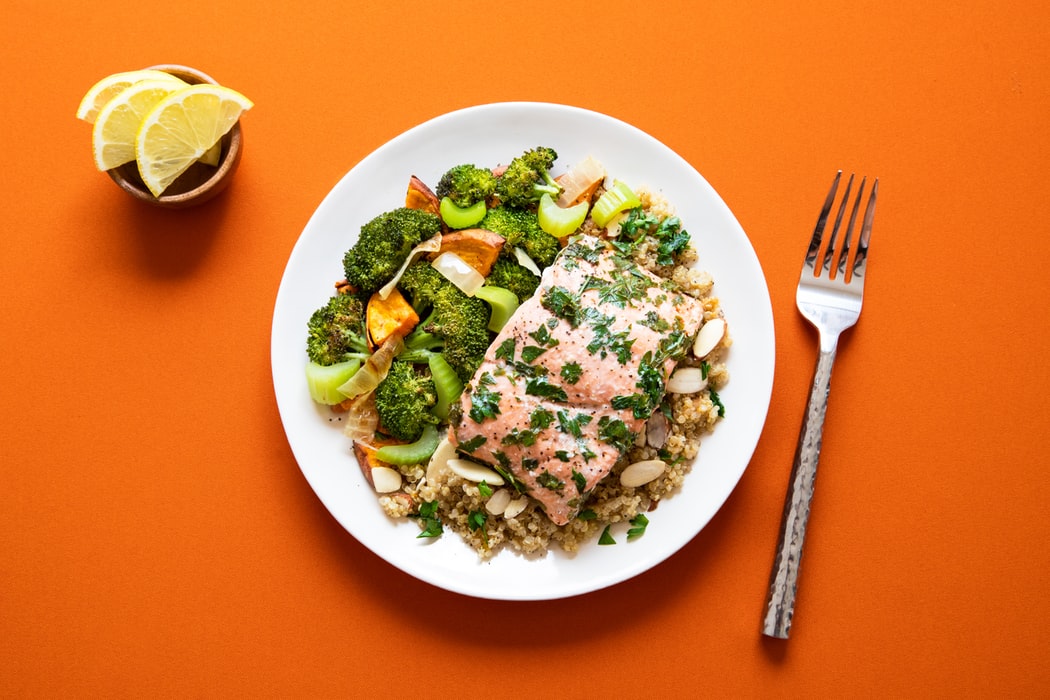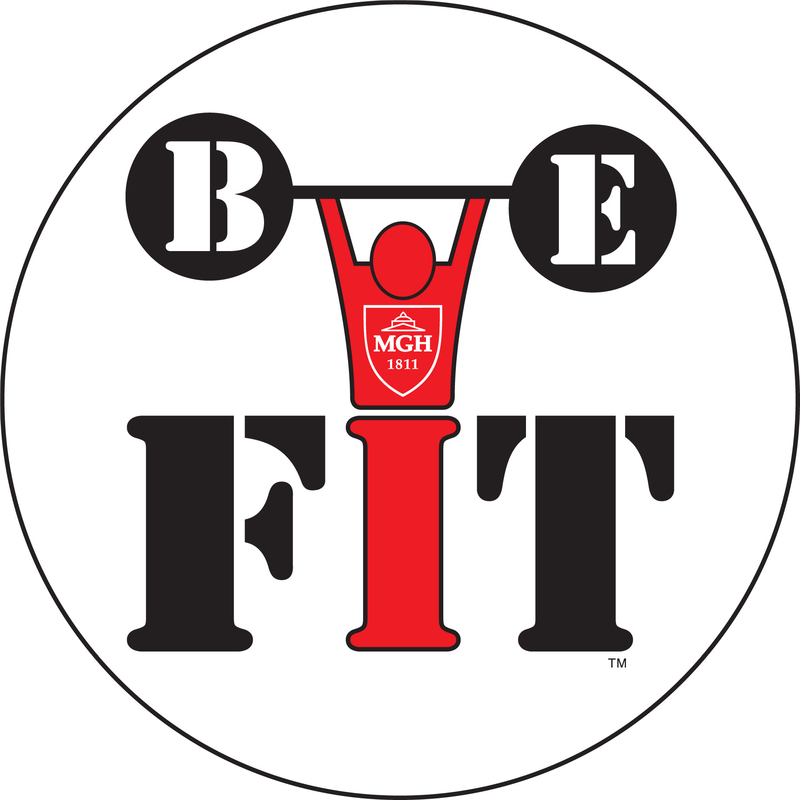|
Regularly eating cruciferous vegetables, like broccoli, may be associated with a lower risk of cancer. Studies also show that consuming cruciferous vegetables may help improve cancer survival and reduce risk of early death from chronic diseases, like heart disease.
Other cruciferous vegetables include:
Cruciferous vegetables contain sulfur compounds that promote detoxification pathways in the liver and help eliminate toxins and waste. Research has shown these compounds may help attack cancer cells and could protect the heart by reducing inflammation. Cruciferous vegetables, like most fruits and vegetables, are also rich disease-fighting plant compounds like antioxidants. Eat cruciferous vegetables often. Some research correlates consuming about 4 to 6 ounces per day with benefits. (This would be the equivalent of eating at least a cup daily.) Try these ideas to increase your cruciferous vegetable intake:
REFERENCES Abdull Razis AF, Konsue N, and C Ioannides. Isothiocyanates and xenobiotic detoxification. Molecular Nutrition & Food Research. 2018;62(18):e1700916. Farvid MS, Chen WY, Rosner BA, Tamimi, RM, Willett WC and AH Eliassen. Fruit and vegetable consumption and breast cancer incidence: repeated measures over 30 years of follow‐up. Int. J. Cancer. 2019;144(7):1496-1510. Grundemann C and R Huber. Chemoprevention with isothiocyanates – from bench to bedside. 2018;414:(26-33). Wu QJ, et al. Pre-diagnostic cruciferous vegetables intake and lung cancer survival among Chinese women. Sci Rep. 2015;5(10306). Zhang X, et al. Cruciferous vegetable consumption is associated with a reduced risk of total and cardiovascular disease mortality. Am J Clin Nutr. 2011; 94(1): 240–246.
2 Comments
|
TOPICS
All
Archives
December 2023
|


 RSS Feed
RSS Feed